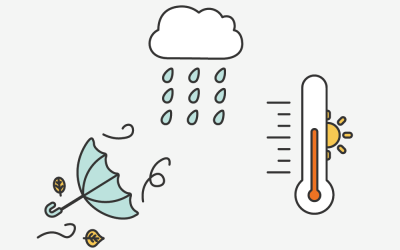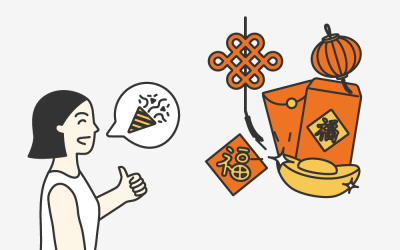A yes-no question represents itself as a grammatical structure, the answer to which is expected to be either yes or no. Questions like “Are you Jason?” or “Do you like China?” are considered to be typical yes-no questions, which means they are very often used in our daily communication with other people. In the Chinese language, there are several ways to form a yes-no question (or a general question), and we are going to have a look at 3 structures in this article.
1. Statement + 吗 (ma) ?

This is the most common way to form a general question, and most Chinese learners are more or less familiar with this structure. Here are two examples to help you have a better understanding of the use of this structure if you are a total beginner.
Example 1:
你是中国人。Nǐ shì Zhōngguórén。(“You’re Chinese.”)
It’s mentioned above that statement +吗 (ma) forms a yes-no question, therefore:
你是中国人吗?Nǐ shì Zhōngguórén ma? (“Are you Chinese?”)
Let’s have a look at another example:
Example 2:
他喜欢中国菜。Tā xǐhuan Zhōngguó cài. (“He likes Chinese food.”)
Consequently, to make a question, add 吗:
他喜欢中国菜吗?Tā xǐhuan Zhōngguó cài ma? (“Does he like Chinese food?”)
2. Verb + 不 (bù) + Verb ?

This structure is used to ask questions like “Do you speak Chinese or not?” or “Will you go there or not?”. One important thing is that the two verbs in this structure must be the same. To a certain extent, it’s very similar to the structure “verb +吗(ma)?”, and in most cases these two structures are interchangeable.
Example 1:
你喝不喝咖啡?Nǐ hē bù hē kāfēi? (“Do you drink coffee or not?”)
(It’s perfectly fine to say 你喝咖啡吗?Nǐ hē kāfēi ma?, which means “Do you drink coffee?”.)
Example 2:
你星期三去不去北京?Nǐ xīngqīsān qù bù qù Běijīng? (“Will you go to Beijing on Wednesday or not?”)
(Again it’s alright to say 你星期三去北京吗?Nǐ xīngqīsān qù Běijīng ma?, “Will you go to Beijing on Wednesday?”.)
EXTRA: Verb + 没 (méi) + verb?

Please bear in mind that “verb + 没 (méi) + verb?” refers to the past tense.
For example:
你昨天看没看电影?Nǐ zuótiān kàn méi kàn diànyǐng? (“Did you watch a movie yesterday or not?”)
(It can be replaced with “verb + 了 (le) + 吗 (ma)?”, which means you can also ask the question above like: 你昨天看电影了吗?(Nǐ zuótiān kàn diànyǐng le ma?).)
3. Adjective +不 (bù) + Adjective ?

Finally, this structure is used to ask questions like “Is China beautiful or not?”. Same as “verb + 不 (bù) + verb?”, “adjective +不 (bù) + adjective?” can also be replaced with “adjective +吗 (ma)?”.
Example 1:
中国大不大?Zhōngguó dà bù dà? = 中国大吗?Zhōngguó dà ma? (“Is China big?”)
Example 2:
中国菜好吃不好吃?Zhōngguó cài hào chī bù hào chī? = 中国菜好吃吗?Zhōngguó cài hào chī ma? (“Is Chinese food delicious?”)
Which of these 3 ways to ask a general question in Chinese do you use most often?
Can you make more examples with each type?
Leave a comment with your answer below – or tweet us at @thatsmandarin!








0 Comments